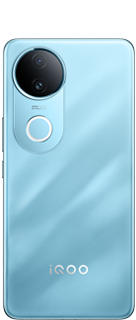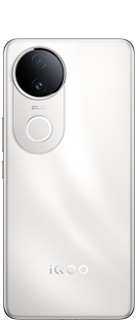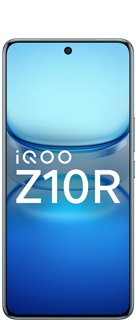Upcoming Main and Telephoto Camera Sensors to Debut with New Premium Chipsets

Following the release of the Snapdragon 8 Elite 2 and Dimensity 9500 chipsets, the smartphone market is set for a surge of flagship device launches within the September–October window. This upcoming wave will not only introduce the latest processors but will also showcase an array of new camera sensors and innovative camera module configurations.
Several leading brands are expected to debut phones with significantly upgraded main and telephoto camera sensors. Below is an overview of the advanced imaging hardware anticipated
Main Camera Sensors
OV50Q:
A 50MP sensor built on a 40nm process, featuring a sensor size of approximately 1/1.3″. Key technologies include LOFIC (Low-Frequency Current) and QPD (Quad Phase Detection) for enhanced autofocus capabilities.
LYT828:
Developed using a 22nm process, this 50MP sensor offers a 1/1.28″ sensor size and incorporates DCG+ (Dual Conversion Gain Plus), VS (Voltage Scaling), and QPD autofocus for improved dynamic range and power efficiency.
Sensor Code-Named “590”:
Also a 22nm, 50MP sensor with a size close to 1/1.28″. It includes LOFIC 2.0 and QPD. While similar in architecture to the LYT828, it is said to offer marginal improvements in efficiency and image processing performance.
Telephoto Sensors
ISOCELL GN8:
A 50MP telephoto sensor measuring 1/1.95″, equipped with iDCG (improved Dual Conversion Gain), DSG (Dual Slope Gain), and QPD for advanced image detail and low-light performance.
ISOCELL HP5:
A high-resolution 200MP sensor sized at 1/1.56″, featuring DCG-HDR for enhanced high-dynamic-range photography. It likely uses a 2×2 OCL (On-Chip Lens) structure to support precise autofocus.
Additionally, the source notes that a new sensor—tentatively referred to as “HPB”—is in development. Described as a minor upgrade over the previously known “HP9,” it is expected to retain similar hardware specifications. The final branding is yet to be confirmed but could fall under the “HP9XX” naming convention, much like the earlier HP9SP.

The source also provided preliminary design sketches of upcoming smartphones powered by the Snapdragon 8 Elite 2 and Dimensity 9500 platforms. These schematic drawings primarily highlight the shapes of camera modules rather than full industrial design details. All forthcoming models are reportedly adopting flat displays with wide-radius corner curvature, indicating a uniform trend in visual aesthetics.
With advanced chipsets and next-generation camera sensors converging in the upcoming flagships, the months ahead are poised to bring a significant leap in mobile imaging and performance.
Source - InnoGyan
Signing off

Please sign in
Login and share






















